Interested in our services
Contact our experts to provide further information



β-hydroxybutyrylation (lysine β-hydroxybutyrylation, Kbhb) is a novel protein acylation modification mediated by β-hydroxybutyric acid, first reported by Professor Zhao Yingming's team at the University of Chicago in 2016. This modification is closely associated with fatty acid oxidation metabolism and energy metabolism regulation. Since its discovery, research on β-hydroxybutyryl modifications and its achievements have received significant attention and recognition in many internationally renowned journals. Recent studies have shown that β-hydroxybutyrylation has a wide range of functions and is involved in various biological processes, including energy metabolism, tumorigenesis, and DNA damage repair.
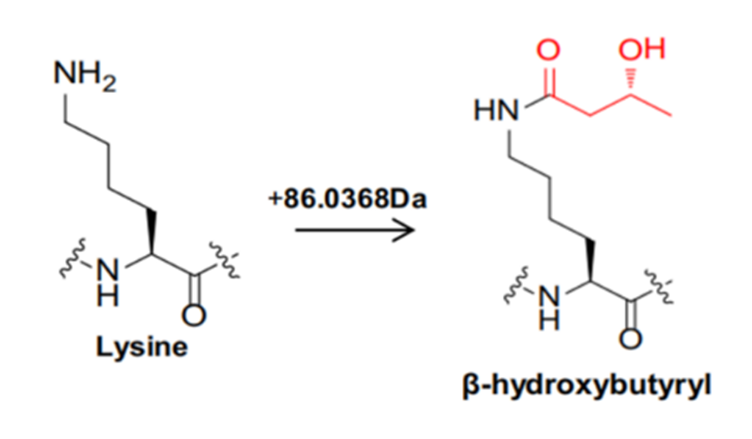
1. Energy metabolism: Kbhb protein is enriched in many core metabolic pathways, including the three major nutrient metabolism pathways, glutathione metabolism, one-carbon metabolism, and fatty acid oxidation metabolism. The Kbhb protein exhibits different characteristics in the body's nutrient-deficient or dieting state. It is closely associated with energy metabolism and can be applied in research fields, such as metabolic diseases and biorhythm regulation.
2.Tumor research: Kbhb plays a significant role in metabolism, chromosomal remodeling, and gene expression regulation. Recent research has demonstrated that Kbhb also regulates cancer suppressor protein p53, among others.
3. DNA damage repair: Studies have shown that Kbhb is involved in the DNA repair process and can be applied to various DNA damage repair models, including cancer radiotherapy/chemotherapy treatment and radiation damage. Additionally, research on environmental microbiology and ecological adaptability has also been conducted.
4. Other molecular-level studies: Studies have shown that Kbhb modification can occur in multiple proteins during chromosomal remodeling, shearing, RNA metabolism, and transport.
5. Other diseases: β-Hydroxybutyrate has been reported as one of the drugs used to treat epilepsy. Since β-Hydroxybutyrate is an indirect substrate modified by Kbhb, Kbhb may also be involved in the development and treatment of epilepsy.
6. Crosstalk with other modifications: Studies have reported that some important regulatory enzymes involved in other modifications (such as acetylation, SUMOylation, ubiquitination, etc.) can undergo Kbhb modification. Crosstalk between modifications can also be used as a new exploration point.
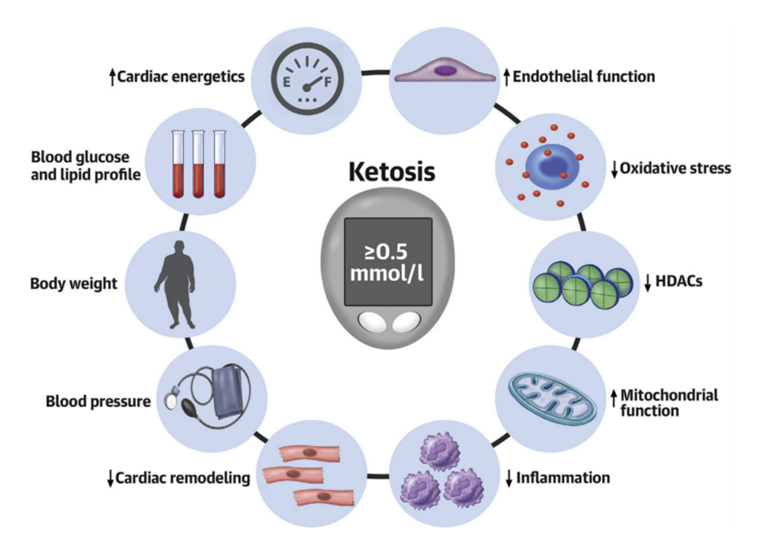
1. Epigenetics: Histone 3-hydroxybutyrylation modification can regulate gene transcription in the body, facilitating quick adjustments and adaptation to environmental changes.
Molecular Cell:Metabolic Regulation of Gene Expression by Histone Lysine β-Hydroxybutyrylation
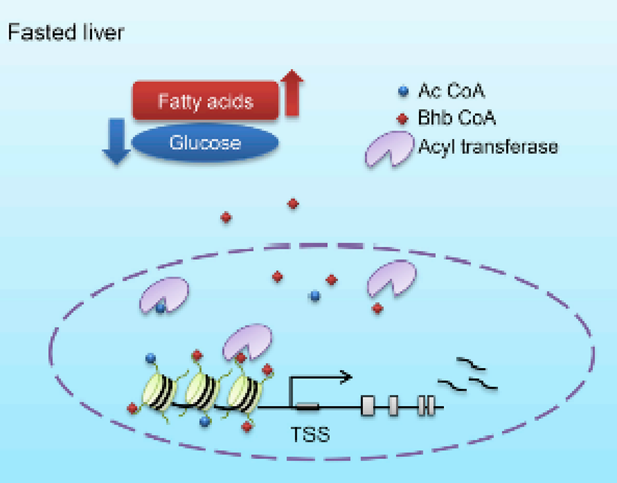
2. Tumor proliferation: Ketones play a role in cancer biology, β- Hydroxybutyric acid (βhb) is involved in the development of melanoma, androgen dependent prostate, breast cancer, cervical cancer, liver cancer and other cancers.
Signal Transduct Target Ther: MTA2 triggered R-loop trans-regulates BDH1-mediated β-hydroxybutyrylation and potentiates propagation of hepatocellular carcinoma stem cells
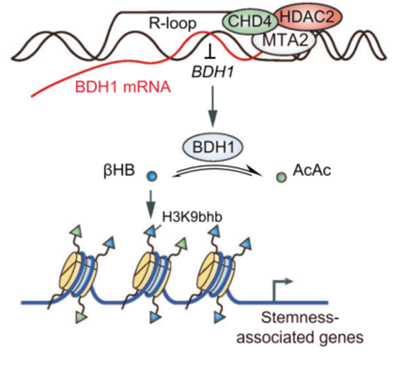
3. Immune system: The main metabolite of ketone body β- As an epigenetic regulator, hydroxybutyric acid plays an important role in the development, maintenance, and long-term survival of memory T cells.
Nature Cell Biology:Ketogenesis-generatedβ-hydroxybutyrate is an epigenetic regulator of CD8+ Tcell memory development
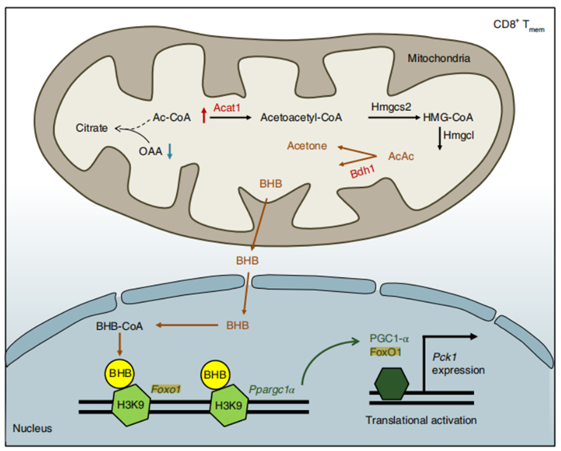
4. Tumorigenesis: In addition to modifying histones to participate in epigenetic regulation, 3-hydroxybutyrylation can also modify non histones to regulate protein activity in the process of metabolism, tumorigenesis, and development.
Cell Death & Disease:β-hydroxybutyrylation attenuates p53 activity
Interested in our services
Contact our experts to provide further information